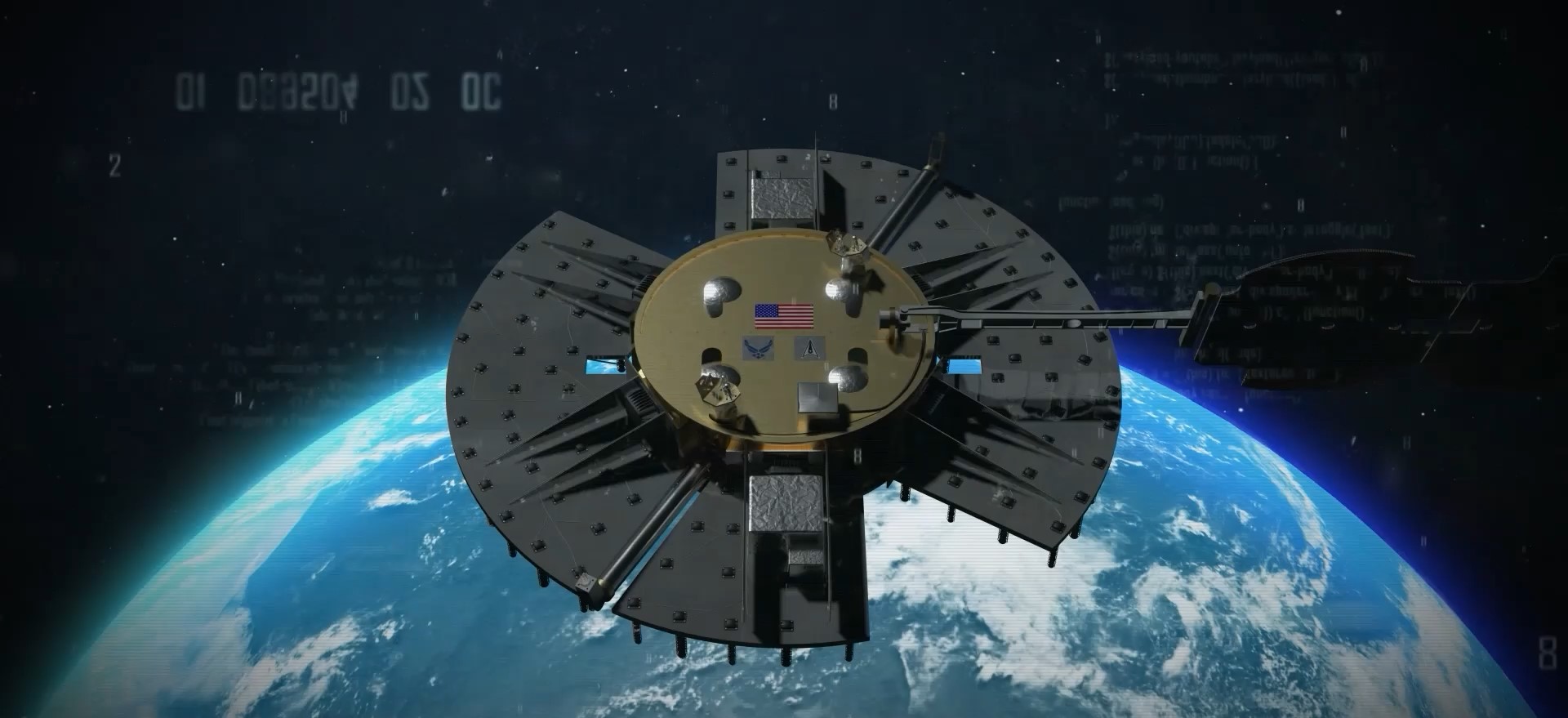The US Air Force Research Laboratory (AFRL) has taken a major step toward securing the nation’s navigation advantage with the launch of the Navigation Technology Satellite-3 (NTS-3) aboard a United Launch Alliance Vulcan rocket in Florida.
Developed in partnership with L3Harris Technologies, NTS-3 supports a broader program dedicated to advancing positioning, navigation, and timing or PNT capabilities.
The satellite is engineered to resist jamming, counter spoofing, and adapt in real time through software updates transmitted directly to orbit, eliminating the hardware overhaul cycles of legacy GPS platforms.
It combines a high-precision atomic clock, a reprogrammable receiver compatible with multiple signal architectures, and a signal authentication protocol.
Positioned in geosynchronous orbit, it will now begin an up to two-year experimental phase to validate its enhanced resilience, accuracy, and rapid reconfiguration capabilities.
AFRL said the program’s advances will benefit both warfighters and civilian infrastructure reliant on PNT, from aircraft navigation and precision weapons to banking networks, agriculture, and air traffic control.
‘Catalyst’ for New Era
The latest mission from Cape Canaveral Space Force Station, designated as the USSF-106, marks the first National Security Space Launch aboard United Launch Alliance’s next-generation Vulcan rocket.
The 202-foot (62-meter) tall, 1.74-million-pound (789,250-kilogram) Vulcan features the Centaur V upper stage, which provides 2.5 times the energy and 450 times the endurance of its predecessors.
Tory Bruno, president and CEO of United Launch Alliance, said the recent Florida launch “begins a new era in national space security,” underscoring the company’s role in advancing US national security objectives.
“Vulcan is a catalyst to supporting national defense in the strategic warfighting domain of space,” Bruon stated.
“Vulcan is the world’s most capable, high energy orbit rocket meeting the demand for expanding space competencies. Vulcan provides flexibility to our nation’s decision makers as we combat our adversaries’ attempts to disrupt the US in space operations.”
United Launch Alliance has been supporting US defense-related launches since its founding in 2006, completing more than 130 critical missions for the Space Force and National Reconnaissance Office before the NTS-3 flight.

